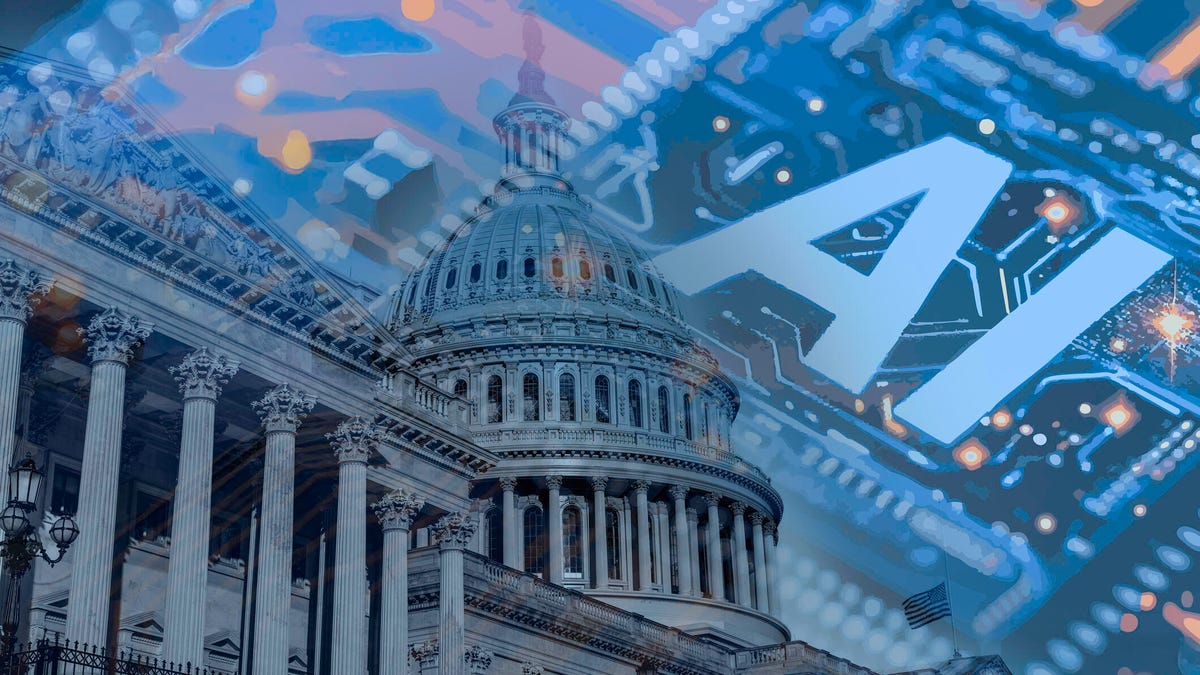AI Companies Face Growing Copyright Lawsuits Over Training Data

Key Points
- More than 30 lawsuits target AI firms over alleged copyright infringement in training data.
- Courts have delivered mixed rulings, with some deeming AI use "exceedingly transformative" and others allowing large settlements.
- AI companies seek a fair‑use exemption to avoid licensing costs and accelerate development.
- Creative professionals have organized opposition, warning that exemptions would weaken copyright protections.
- The Copyright Office acknowledges possible fair‑use defenses but stresses that not all AI uses qualify.
AI developers are under increasing legal pressure as creators allege that large language model and image generator firms have used copyrighted works without permission to train their systems. More than thirty lawsuits have been filed against firms such as OpenAI, Google, Anthropic, and Meta, while the industry pushes for a fair‑use exemption to keep development costs low. Courts have delivered mixed rulings, with some judges deeming the use "exceedingly transformative" and others allowing settlements. The dispute highlights a clash between the need for rapid AI innovation and the protection of creators’ rights.
Background
Generative AI models rely on massive datasets that include text, images, and other creative works. Companies developing these models argue that using publicly available content is essential for improving the accuracy and versatility of their systems. However, many creators claim that their copyrighted material is being incorporated into training data without consent or compensation, sparking a wave of legal challenges.
Legal Battles
More than thirty lawsuits have been filed across the United States, targeting major AI firms such as OpenAI, Google, Anthropic, Meta, and Stability AI. Plaintiffs allege that the companies reproduced, distributed, or created derivative works from copyrighted material without permission, violating the Copyright Act. Some cases have resulted in settlements, including a $1.5 billion agreement that compensates authors whose works were allegedly pirated. In other instances, courts have ruled in favor of AI developers, labeling their use of copyrighted books as "exceedingly transformative" and thus qualifying as fair use.
Fair Use Debate
The concept of fair use is central to the dispute. Under U.S. law, fair use permits limited use of copyrighted material for purposes such as criticism, news reporting, teaching, or research, based on four factors: purpose of the use, nature of the work, amount used, and effect on the market. AI companies argue that training data serves a research and development function that should be protected by fair use, while creators contend that the commercial exploitation of their works undermines market value and should not be exempt.
Industry Response
Tech firms have lobbied for a specific government exemption that would allow them to incorporate copyrighted content into AI training without seeking individual licenses. OpenAI has framed unrestricted AI innovation as a matter of national security, and Google has emphasized the economic efficiency of a fair‑use carve‑out. In contrast, hundreds of writers, actors, and directors signed an open letter urging the administration to deny such an exemption, warning that it would erode protections that have historically supported creative industries.
Future Outlook
The legal landscape remains unsettled. While some courts have recognized transformative use, the broader question of whether AI training qualifies for fair use is still unresolved. Creators are awaiting clearer guidance from legislators and the Copyright Office, which has issued reports acknowledging potential fair‑use arguments but also highlighting cases where the doctrine would not apply. The outcome will shape the balance between rapid AI advancement and the preservation of intellectual‑property rights for artists, writers, and other content creators.